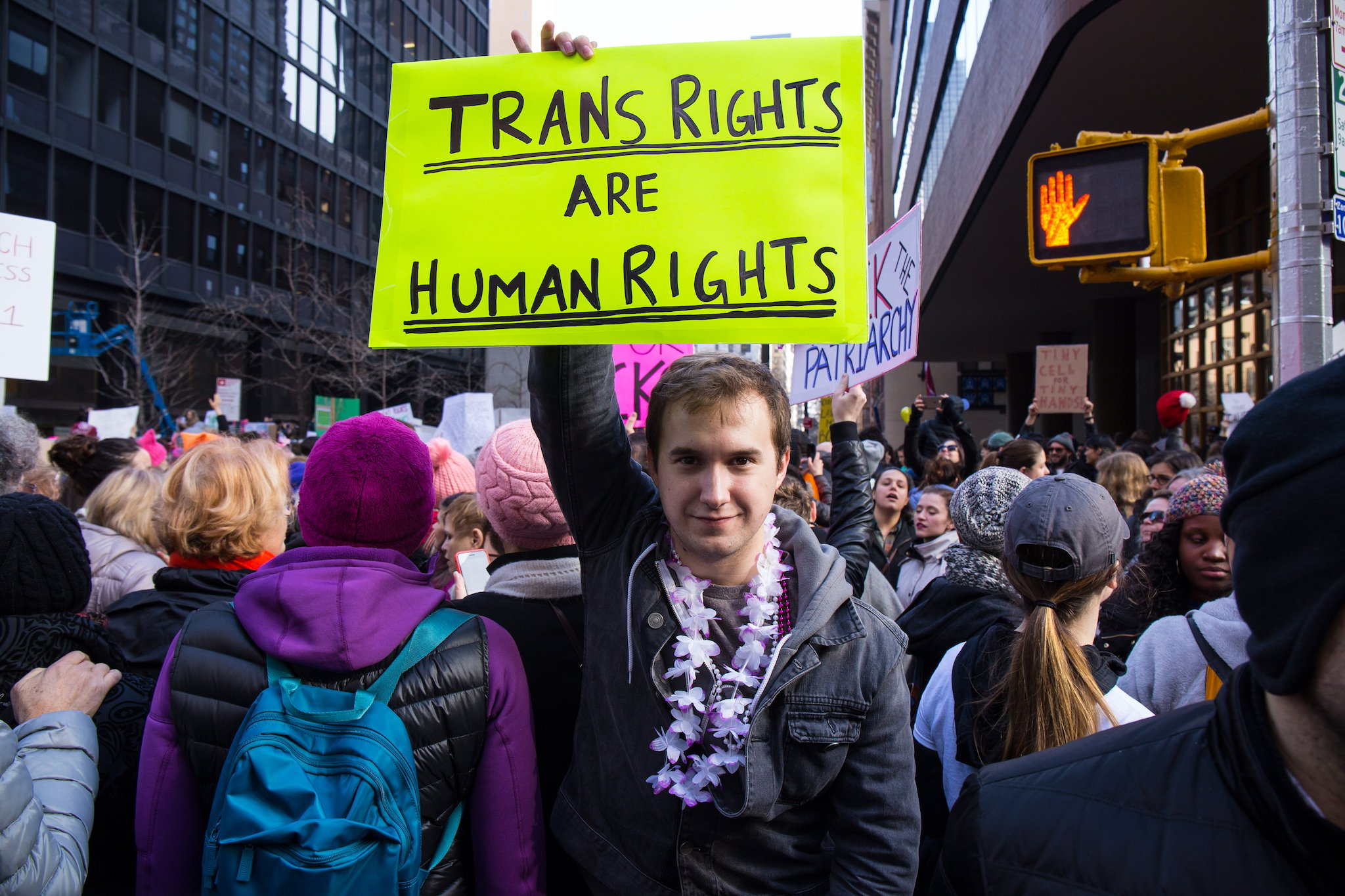
Tyrant’s Foe: DeJuana Lozada is Helping Minority Students Succeed
A version of this story ran in the May 2014 issue.
Above: DeJuana Lozada advocates for better education for students of color.
At age 11, DeJuana “De J.” Lozada spent a month homeless on the streets of her hometown, Franklinton, North Carolina. “I had a very unstable home life that pushed me out of the home,” she says. “I didn’t leave voluntarily.” Before her grandmother eventually took her in, she slept in neighbors’ backyards and stole food. She remembers taking shelter in a cardboard box given to her by a prostitute and becoming friends with adults who lived on the streets. She had two changes of clothes that she washed and hung to dry on tree branches.
Lozada’s respite from the harsh world she was thrust into at such a young age came when the school bell rang each day.
“I went to school … because that’s where I had normalcy,” Lozada, now 43, says. “That’s where I had an adult telling me what to do, which I craved. I needed structure, order, and I found that at school. I was still a straight-A student.”
Lozada has spent much of her career advocating for better education, especially for minority students. Lozada, who lives in Pflugerville, is the editor-in-chief and founder of the Texas Higher Education Journal, an online magazine that covers Texas colleges and universities. She’s also the founder of the P20 Institute for Minority Research and Innovation, a nonprofit think tank that promotes educational advancement for students of color. The institute aggregates news stories and policy reports on its website, provides educational resources for students, and calls out flawed research studies that spread harmful rhetoric about minority communities.
For example: a 2002 Justice Policy Institute report that claimed there were more black men in prison than in college. That myth was dispelled by Dr. Ivory Toldson of Howard University, also a P20 blog contributor, in an NPR segment last year. Lozada says this kind of caustic, widespread misinformation, so readily believed by undiscerning readers, can have dire consequences.
“What happens to the young student who hears that and internalizes that message and then starts to believe, deep down in his psyche, that he’ll never amount to anything and his only future is prison?” Lozada says. “Our work at the P20 is about setting the record straight, using data to tell the real story.”
After returning from a stint as a civilian public affairs officer for the U.S. Army in Europe, Lozada moved to Texas in 2000 with her family and took a position with the Texas Higher Education Coordinating Board as assistant director of communications. She later moved into a policy analyst position in which she made recommendations on ways the state agency could improve access to college for students of color. But she wanted to be more directly involved, so she started P20.
The institute focuses many of its initiatives on trying to help African-American students succeed. The nonprofit held a symposium in March and invited professors from all over Texas to speak to young students about the harmful myths propagated about the black community.
Dr. Richard Reddick, a professor in the College of Education at the University of Texas, told students during the conference that a huge difficulty facing African-American post-secondary educators is the struggle to achieve tenure while taking on undue responsibilities that are often not placed on white professors.
Lozada pays for events hosted through the P20 Institute mainly out of her own pocket, breaking even most of the time. She wants the organization, which attained nonprofit status just last year, to support minority-led research through grants. Lozada says she is still searching for the funding to make that possible.
In the summer, the institute will host a professional-development conference for middle and high school students of color interested in careers in science, technology, engineering and math.
“That’s where the future of all the jobs are, [and] we are grossly underrepresented,” she says.
Lozada pauses, musing on the lofty goals of her fledgling institution. “And why does it really matter, at the heart of it all?” she asks. “Success is an entitlement; once you become entitled to something, it’s impossible for anyone to take it away from you.”
To support journalism like this, donate to the Texas Observer.

